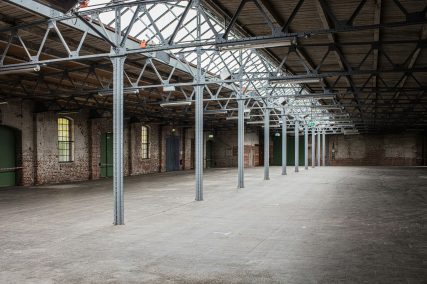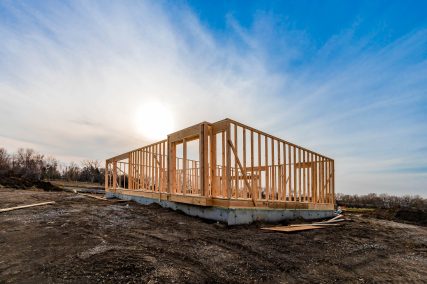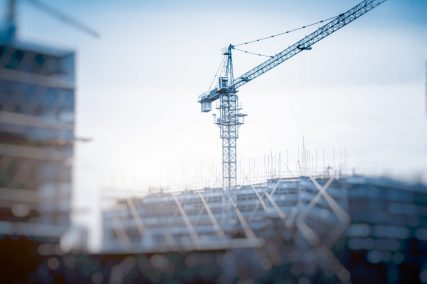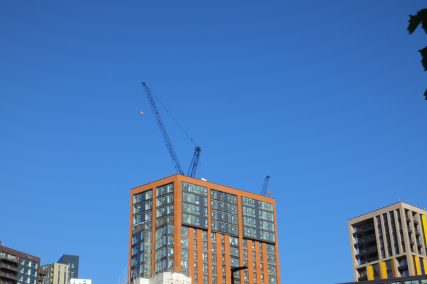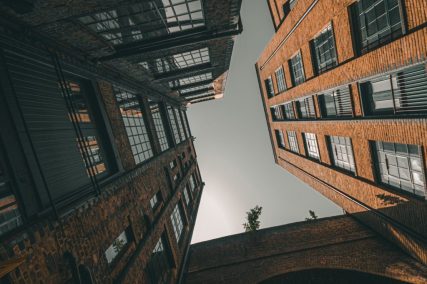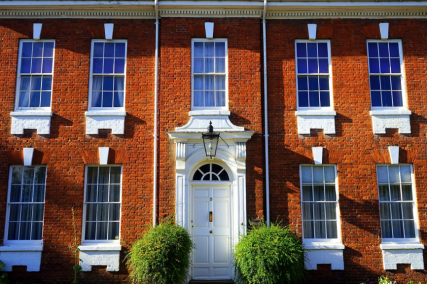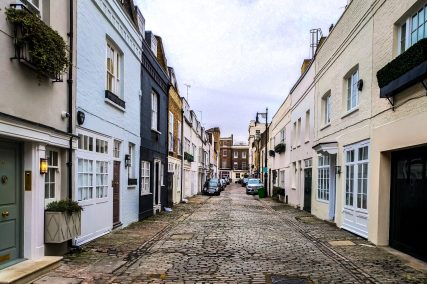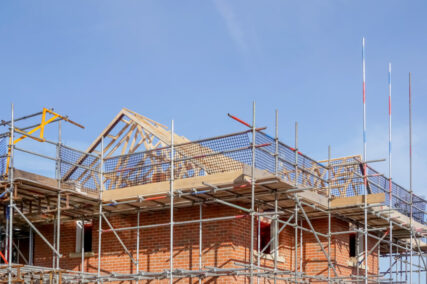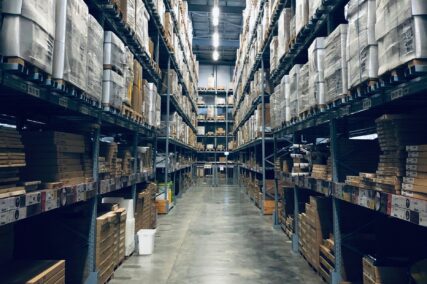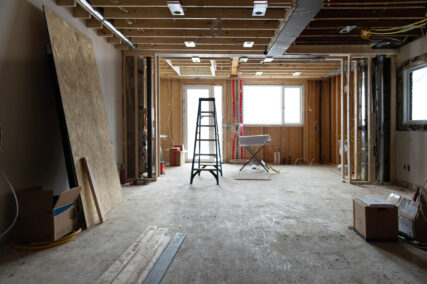What are the tax implications of refurbishment property investment?
Refurbishment property investment can have several tax implications, including:
- Capital gains tax: When a property is sold for a profit, the investor may be required to pay capital gains tax on the profit. The amount of tax depends on the investor’s income and the length of time the property was owned.
- Stamp duty: Stamp duty is a tax paid by the buyer when purchasing a property. The amount of stamp duty depends on the purchase price of the property and the location.
- Income tax: If the property is rented out, the investor will need to pay income tax on the rental income received. Expenses related to the property, such as repairs and maintenance may be deducted from the rental income to reduce the taxable income.
- Value-added tax (VAT): VAT may be applicable on certain renovation costs, depending on the type of work being done and the contractor’s VAT status.
- Inheritance tax: If the investor passes away and leaves the property to their heirs, inheritance tax may be payable on the property’s value.
It is important for investors to consult with a tax professional to fully understand the tax implications of refurbishment property investment and to develop a tax strategy to minimise tax liabilities. Additionally, tax laws and regulations can change, so it is important for investors to stay up-to-date on any changes that may impact their investment.

